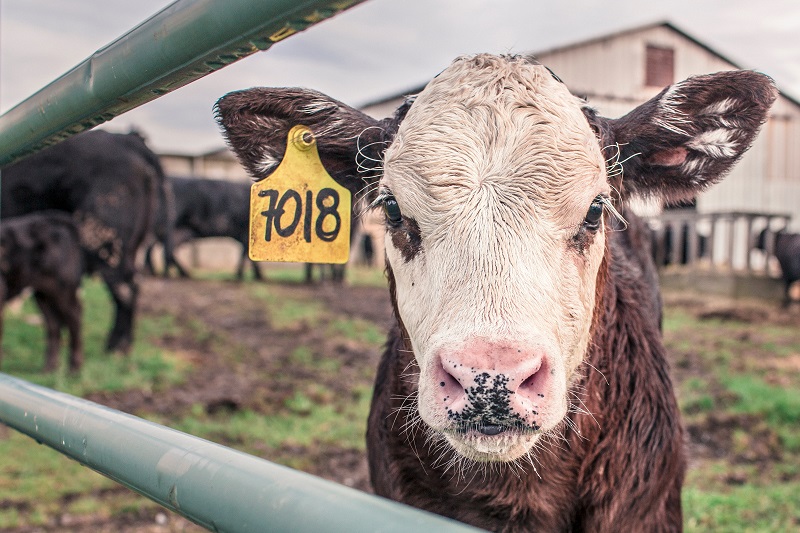Livestock Liability: What Responsibility You Have Over Your Live Property
Written by Cooper & Friedman PLLC on September 10, 2019

With over 77,000 farms in the state of Kentucky, a fair amount of the state’s population is made up of farmers. And, as the state with the largest amount of beef cattle east of the Mississippi, a lot of the farmers in Kentucky manage livestock. While there are a couple of statutes in Kentucky that cover liability when livestock break an owner’s fence and enter uninclosed land and when livestock enter through lawful fencing, overall livestock liability is a fuzzy area of law.
If you are a farmer or part of a farming family, it is important to understand livestock liability. Knowing what responsibility you have over your living property will help you to prepare your farm and prevent livestock escapes. Being familiar with the laws surrounding livestock will also help you be prepared should you have to go to court over a livestock incident.
Livestock liability does not simply encompass what happens if your livestock break free from their enclosure. Livestock liability covers what happens if a neighbor’s land is damaged by your livestock. It also clarifies who is at fault if a vehicle operator strikes livestock and is injured as a result. So, what are the rules of livestock liability in the state of Kentucky?
Who is Responsible When Livestock Break Free From An Enclosure and Damage Another’s Land?
According to Kentucky Statute 256.080, if a livestock owner’s cattle, sheep, swine, goats, horses, alpacas, etc. breaks through a “lawful fence” and enters another’s lawfully enclosed property, the livestock owner is responsible for any damages to land or property caused by the escaped livestock. Furthermore, every additional livestock after the initial charge that causes damages will cost the owner of said livestock double the damages.
In accordance with Kentucky Statute 256.090, if a livestock owner has a “lawful fence” which their livestock breaks through and enters another’s premise which is not enclosed, the owner of the livestock is not responsible for the first livestock that trespasses. However, the livestock owner is responsible for every other animal that trespasses.
By law, through both of these statutes, the livestock owner is responsible for their livestock, and any damages caused, should it break free. However, the degree of responsibility varies depending on what kind of land the livestock break onto.
The state of the fence in question is also something to consider when discussing livestock liability. A “lawful fence” is defined, by Kentucky law, as “a strong and sound fence, four (4) feet high, so close that cattle cannot creep through, made of rails, or plank, or wire and plank, or iron, or hedge, or stone or brick.”
Who is At Fault if Escaped Livestock Cause a Car Accident and Injury?
With over 600 dairy farms in Kentucky, it is not uncommon to see fields speckled with cows on a drive through the country. Farmers are not able to monitor their livestock every minute of each day. So, on occasion, an escaped cow or other livestock may wander into the road. Unfortunately, this can result in a car accident. Especially if a vehicle operator is caught by surprise and finds a large animal in their path.
The average cow weighs 2,000 pounds. The average car weighs 3,500 pounds. Despite the 1,500 pound difference, hitting a large animal can do drastic damage to a vehicle and its operator. And the question of who is at fault when escaped, or loose, livestock cause a car accident does not have a black and white answer. There are many factors to consider when someone is injured as a result of a car accident involving an animal. Some factors that can make or break a livestock liability case include:
-If there was satisfactory fencing to be deemed “lawful” around the property the livestock escaped from.
-Whether the livestock owner performed routine maintenance and repair to their fenced in property to prevent animals from escaping.
-If a gate to the enclosed area the livestock escaped from remained closed or was found open due to negligence.
-Whether any tracking devices that may have monitored livestock and their roaming patterns were deployed and neglected.

